Advertisement
Why Does My Ribcage Hurt? Understanding the Causes of Pain
Advertisement
Ribcage pain, a common yet often unsettling symptom, can stem from various conditions, ranging from minor to more serious. Understanding its causes is crucial, as the nature of the pain—whether sharp, dull, or persistent—can signal different underlying issues. While many instances resolve with minimal treatment, seeking medical advice is essential when pain disrupts daily life. Diagnostic tests, such as imaging scans, play a key role in pinpointing the exact cause, facilitating effective management and relief.
Peptic Ulcers
Peptic ulcers, sores that develop on the stomach or small intestine lining, often cause pain beneath the ribcage. This discomfort may manifest as a burning sensation in the stomach area, extending under the ribs. Common triggers include long-term use of NSAIDs and H. pylori infection. Symptoms might include heartburn, nausea, and an increase in pain when the stomach is empty. Treatment typically involves medication to reduce stomach acid and heal the ulcers.
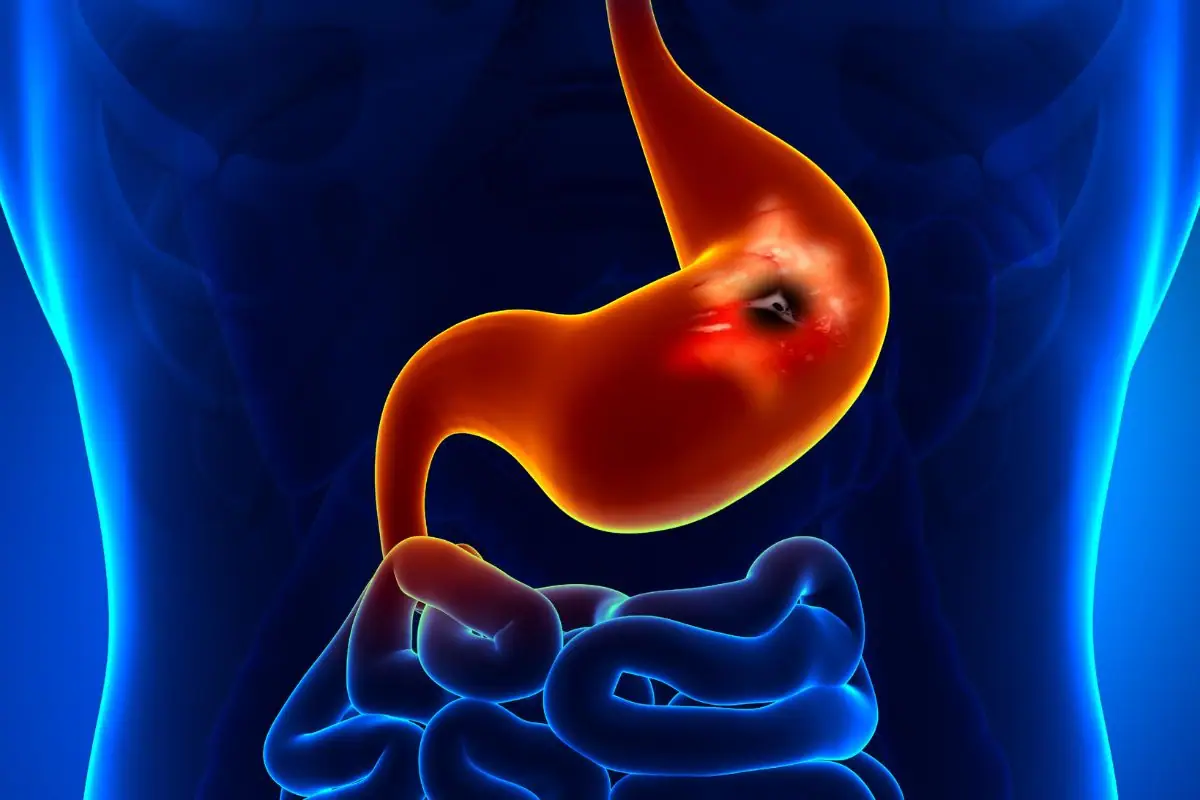
Advertisement
Kidney Stones
Kidney stones are hard deposits made of minerals and salts that form inside the kidneys. Symptoms include pain on one side of the back, below the ribs, which can spread to the lower abdomen and groin. The pain can vary, appearing suddenly and fluctuating in intensity. Other symptoms might include pink, red, or brown urine, and a persistent urge to urinate. Treatment focuses on pain management and aiding the passage of the stone.
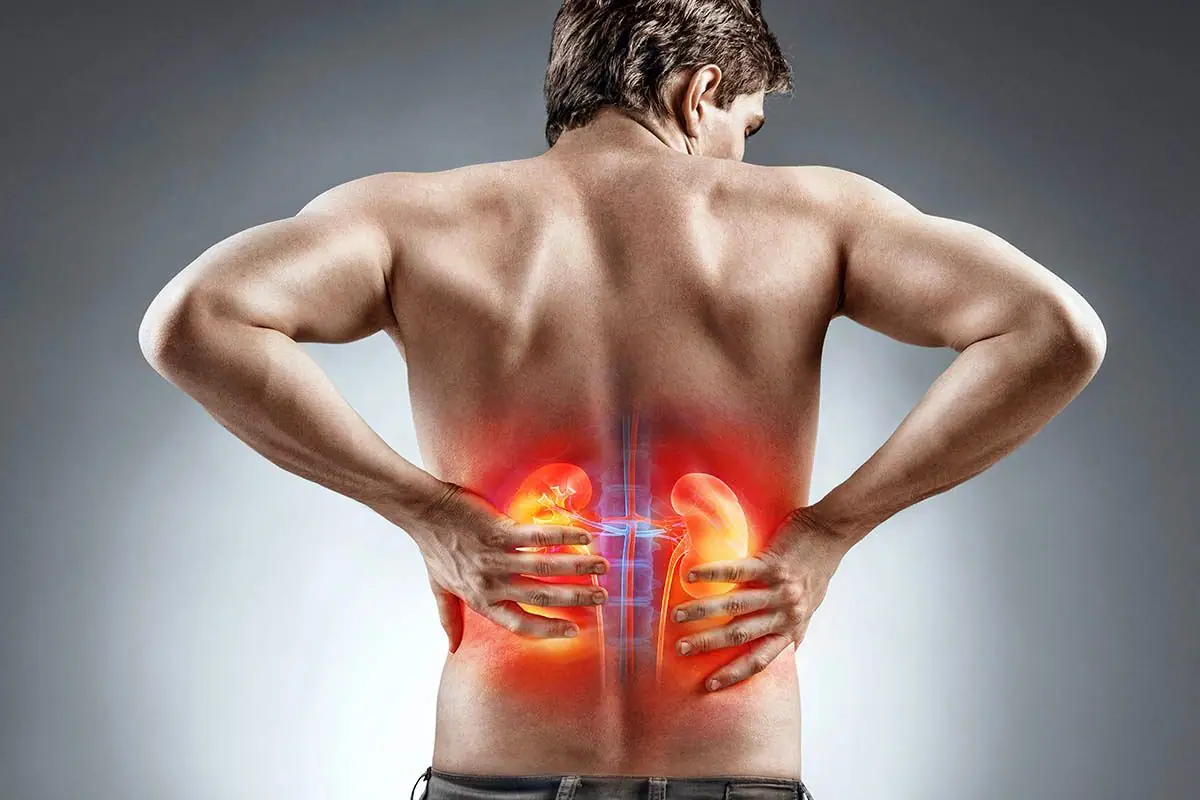
Advertisement
Pulmonary Embolism
A pulmonary embolism is a blockage in one of the pulmonary arteries in the lungs, typically caused by blood clots that travel from the legs or other parts of the body. It can cause sharp, stabbing chest pain that may feel worse under the ribcage. Symptoms also include shortness of breath, coughing up blood, and rapid heart rate. Immediate medical treatment is critical for this condition.
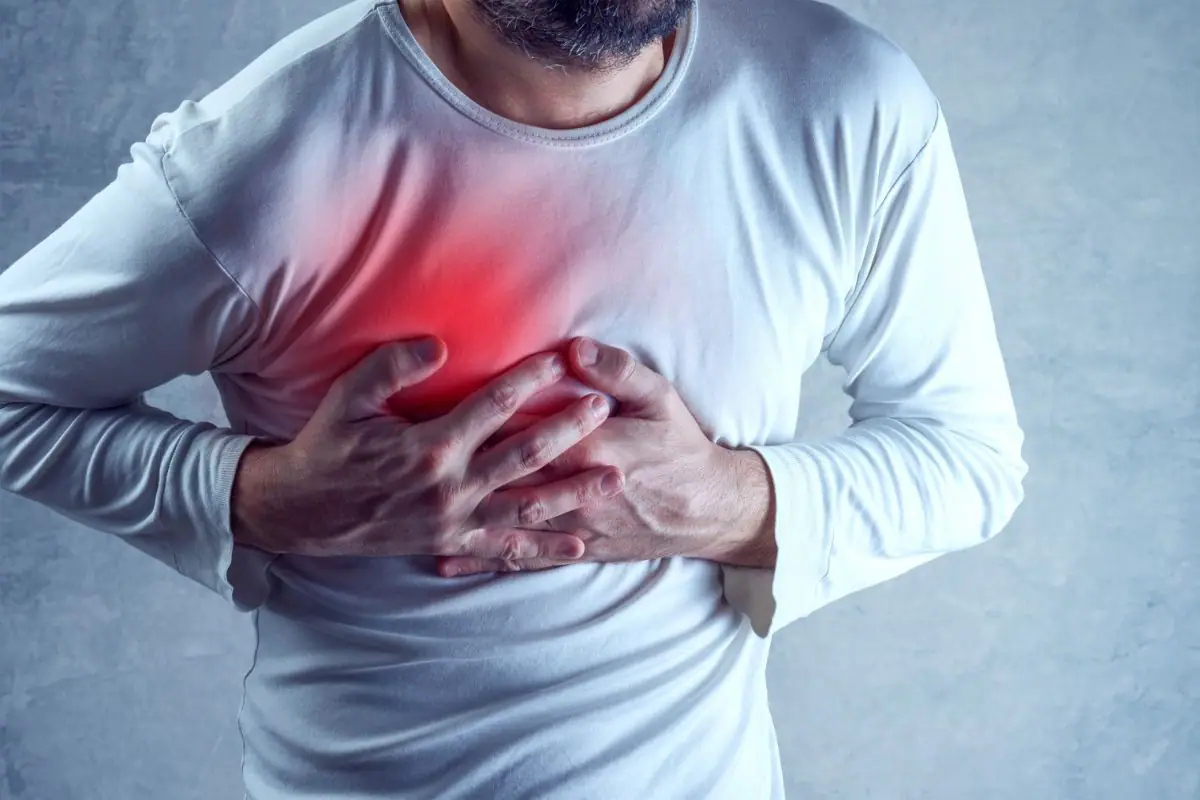
Advertisement
Costochondritis
Costochondritis involves inflammation of the cartilage that connects a rib to the sternum, causing chest pain right under the ribcage. The pain may worsen with deep breaths or coughs. It's often mistaken for a heart attack. The exact cause is unknown, but it may result from strain or injury. Treatment includes pain relievers and rest.
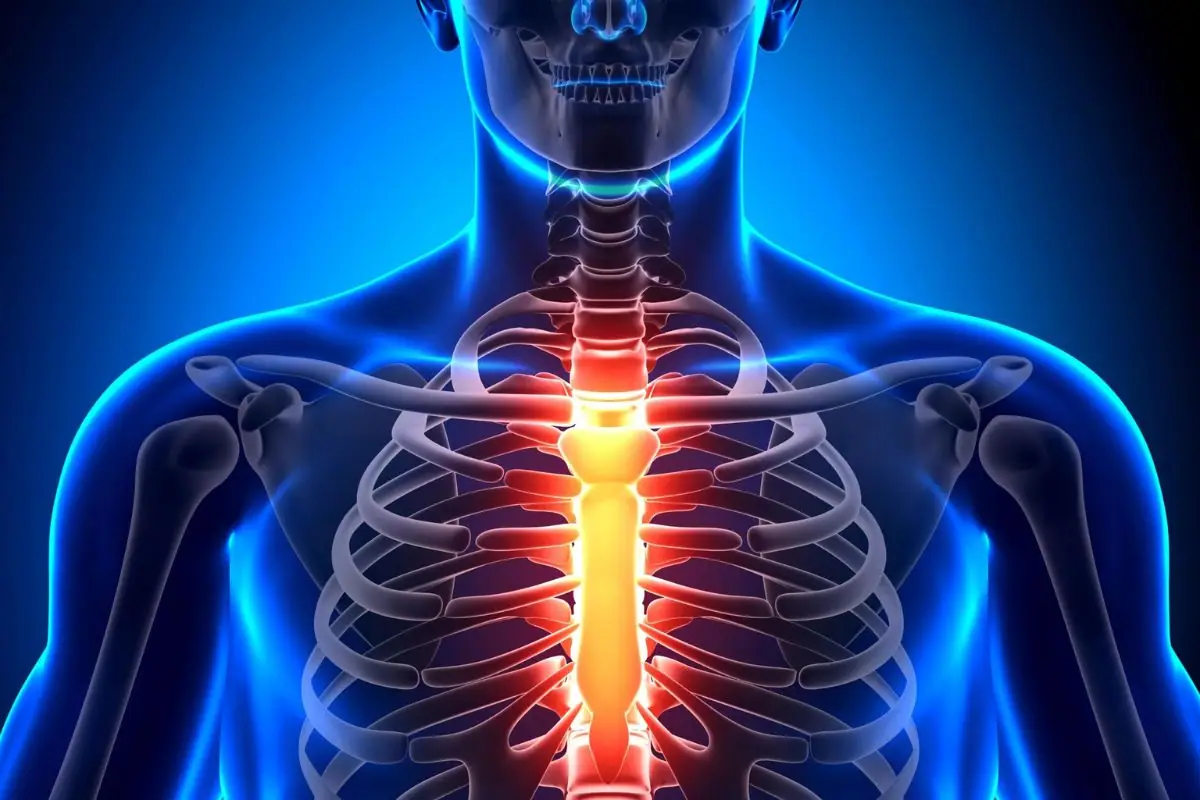
Advertisement
Spleen Enlargement
An enlarged spleen, or splenomegaly, can cause a feeling of pain or fullness under the left ribcage. It can result from various conditions, including infections, liver diseases, and blood cancers. Symptoms might not always be apparent but can include fatigue, anemia, and frequent infections. Treatment targets the underlying cause.
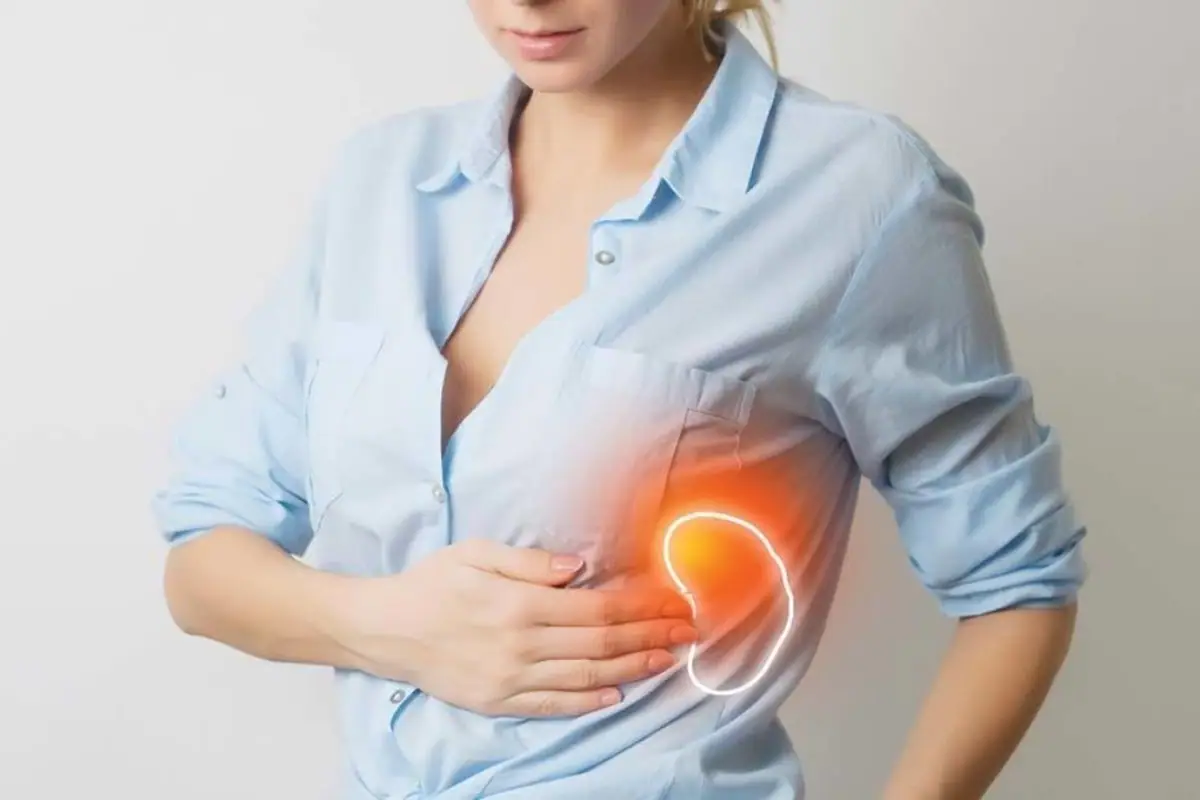
Advertisement
Pleurisy
Pleurisy is inflammation of the tissues that line the lungs and chest cavity, leading to sharp chest pain under the ribcage, especially when breathing deeply, coughing, or sneezing. It can result from viral infections, pneumonia, or autoimmune conditions. Treatment focuses on the underlying cause and pain management.
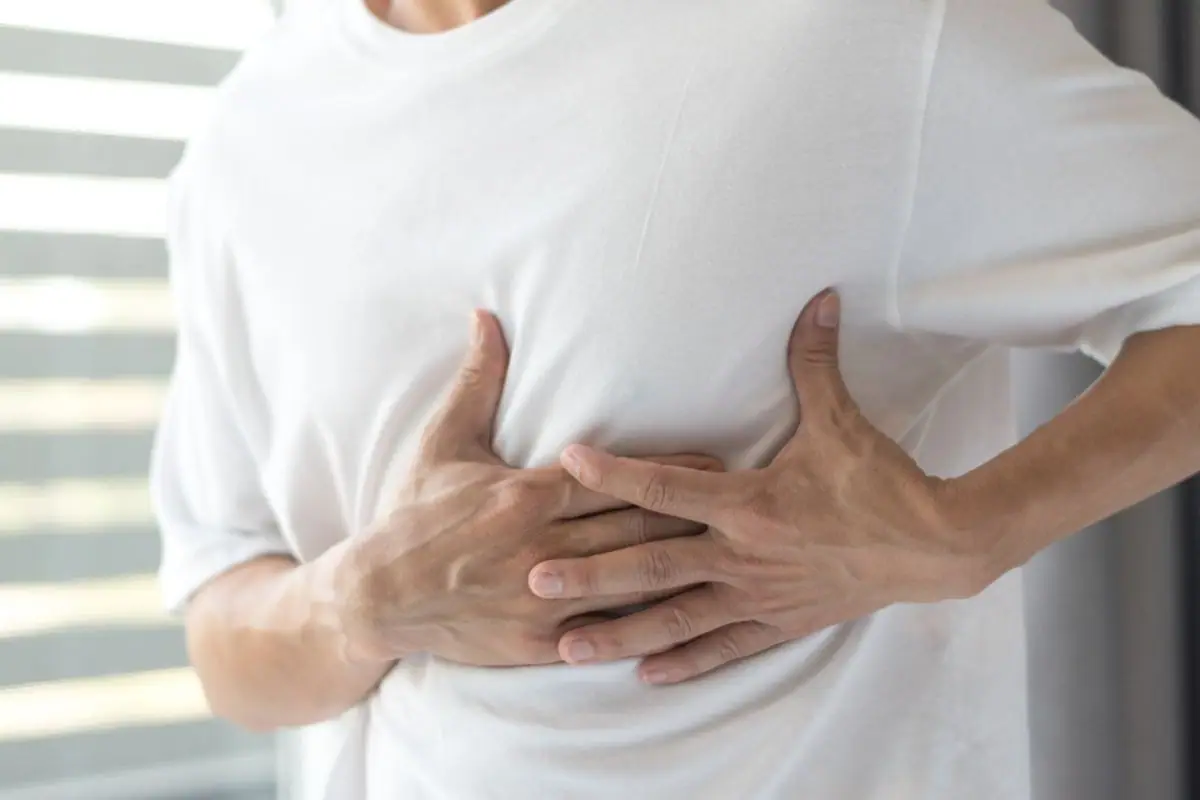
Advertisement
Intercostal Muscle Strain
Intercostal muscle strain refers to tears in the muscles between the ribs, caused by sudden movements or overuse. Symptoms include sharp, tearing pain in the ribcage area, which can make breathing difficult. Rest, ice, and pain medication are common treatments.

Advertisement
Appendicitis
Appendicitis is an inflammation of the appendix that can cause pain in the lower right abdomen, sometimes felt more broadly under the ribcage. The pain usually worsens over time and can be accompanied by nausea, vomiting, and fever. Appendicitis requires urgent surgical removal of the appendix.

Advertisement
Heart Attack
While chest pain is the most common symptom of a heart attack, the pain can also radiate to the upper abdomen and under the ribcage. Other symptoms include discomfort in the arms, back, neck, jaw, or stomach, shortness of breath, and nausea. Immediate medical attention is crucial.
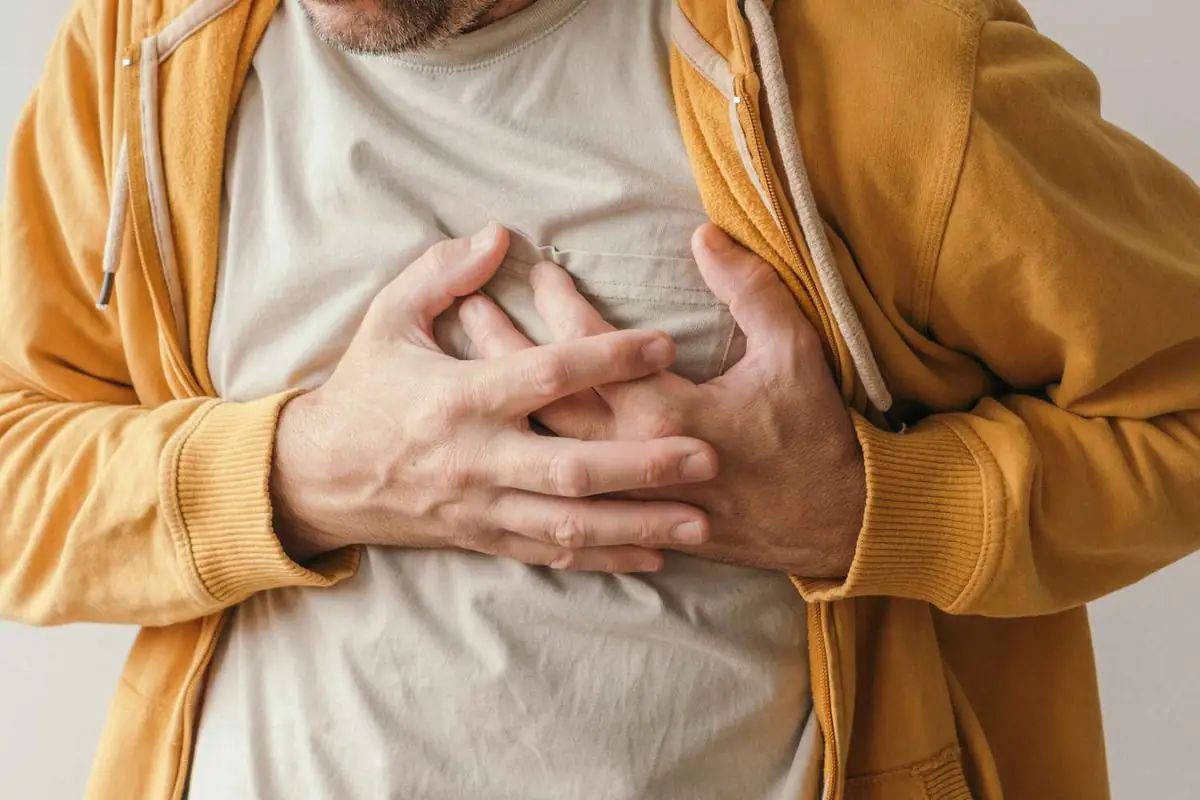
Advertisement
Esophagitis
Esophagitis is inflammation of the esophagus that can cause pain under the ribcage, often perceived as heartburn. It can result from acid reflux, infections, or medication-induced injury. Treatment includes medications to reduce acid levels and promote healing.
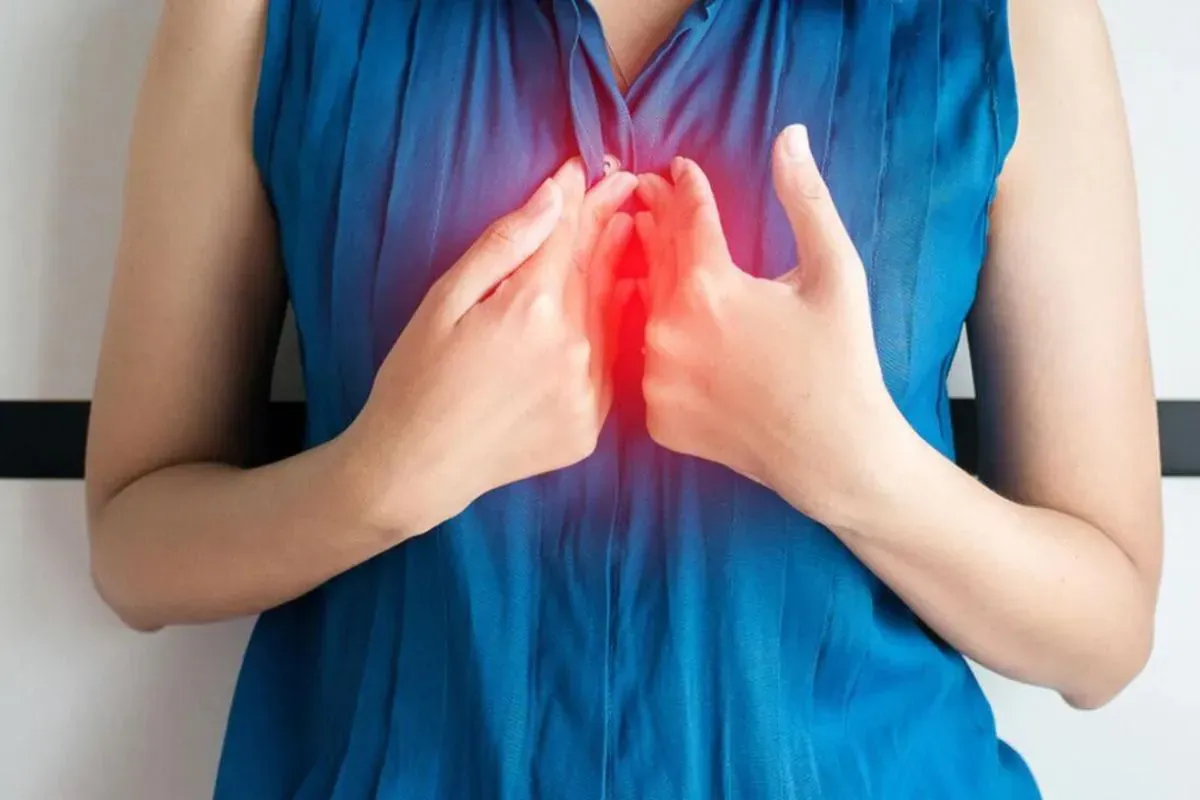
Advertisement
Pancreatic Cancer
Pancreatic cancer may cause pain in the upper abdomen that radiates to the back and is felt under the ribcage. This pain often worsens after eating or when lying down. Other symptoms include weight loss, jaundice, and new-onset diabetes. Treatment depends on the stage of the cancer.
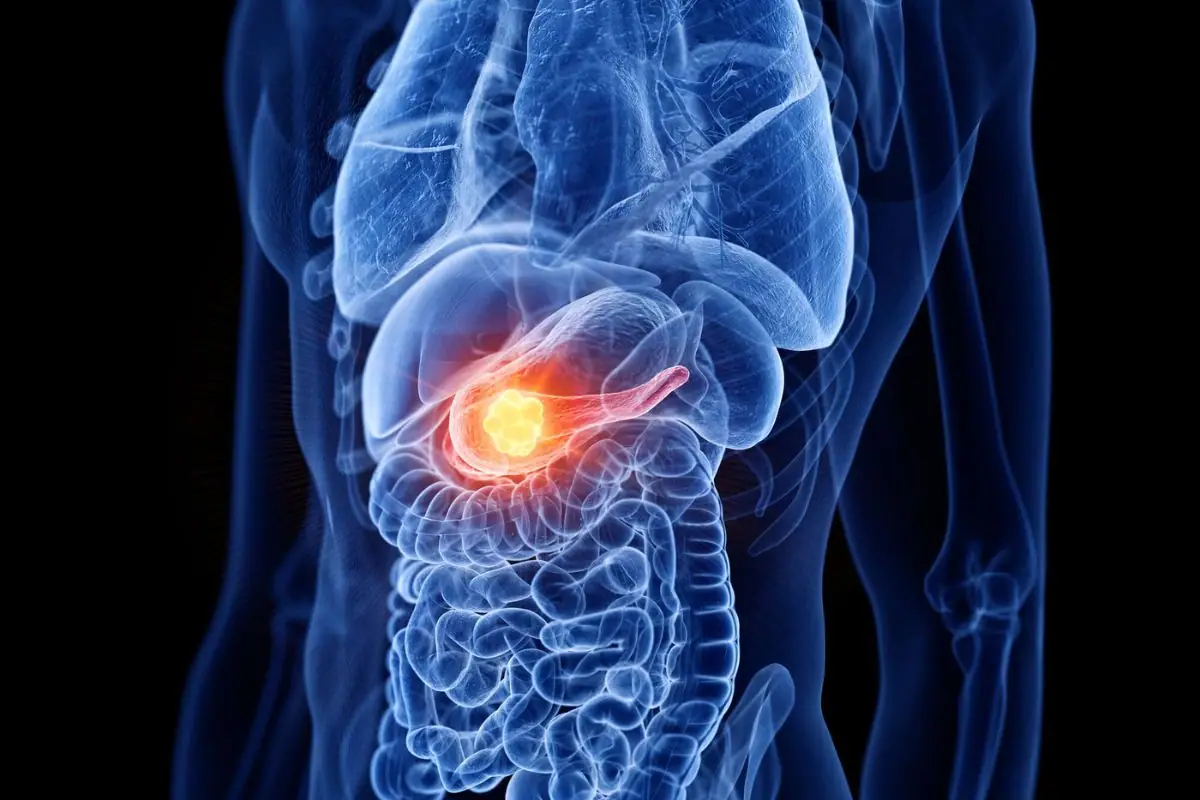
Advertisement
Hiatal Hernia
A hiatal hernia occurs when part of the stomach pushes through the diaphragm into the chest cavity, causing pain and discomfort under the ribcage, especially after meals. Other symptoms include heartburn and difficulty swallowing. Treatment options include lifestyle changes, medication, and sometimes surgery.
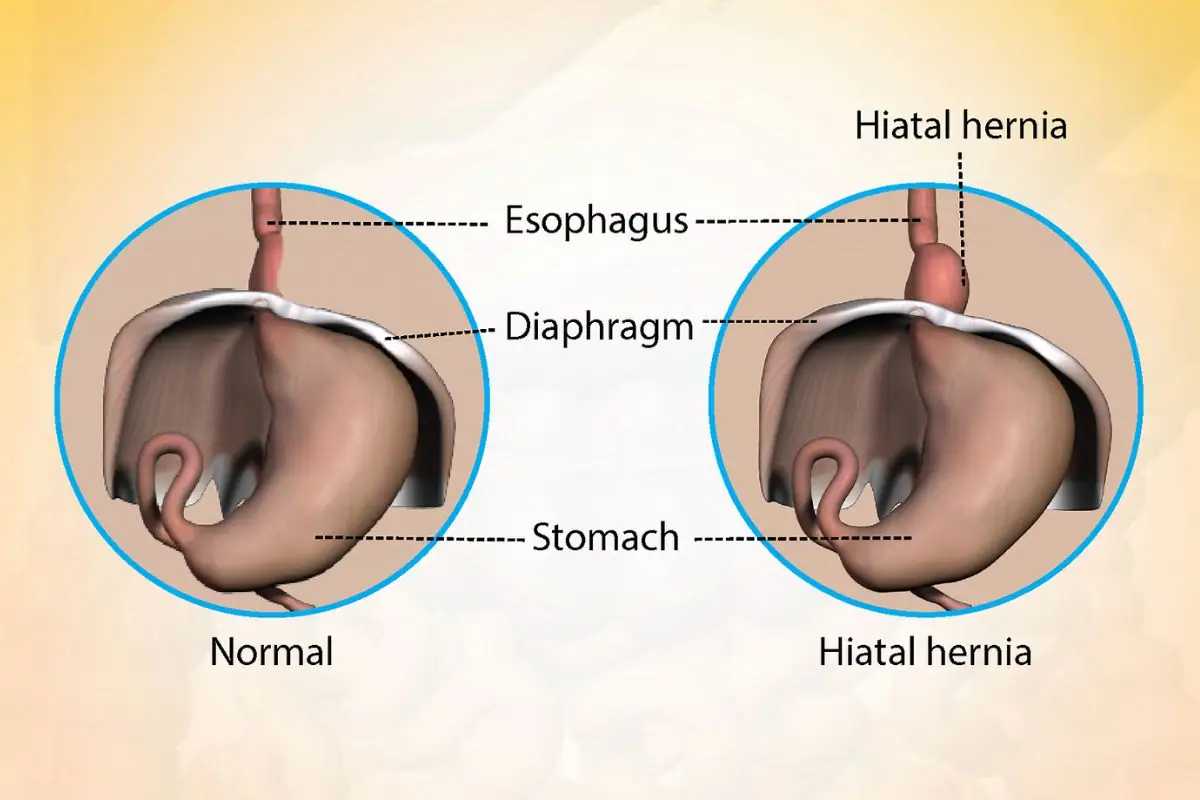
.png)




